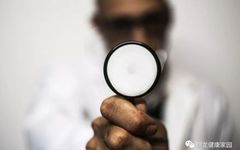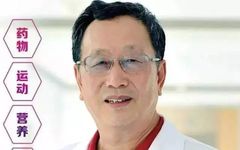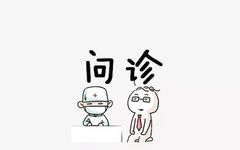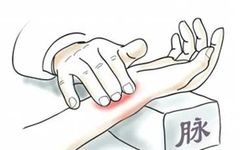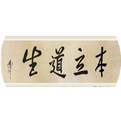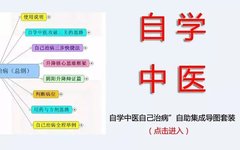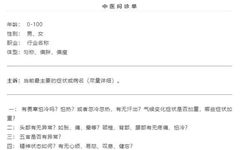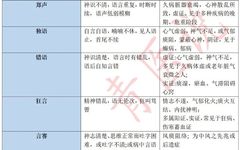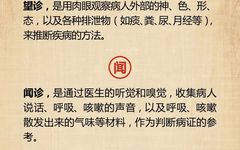Introduction to TCM Inquiry
Inquiry is a method used by practitioners to understand the occurrence, development, treatment history, current symptoms, and other disease-related information through questioning the patient or their companions.The purpose of inquiry is to collect information closely related to pattern differentiation that cannot be obtained through the other three examinations, such as the time, place, causes or … Read more

